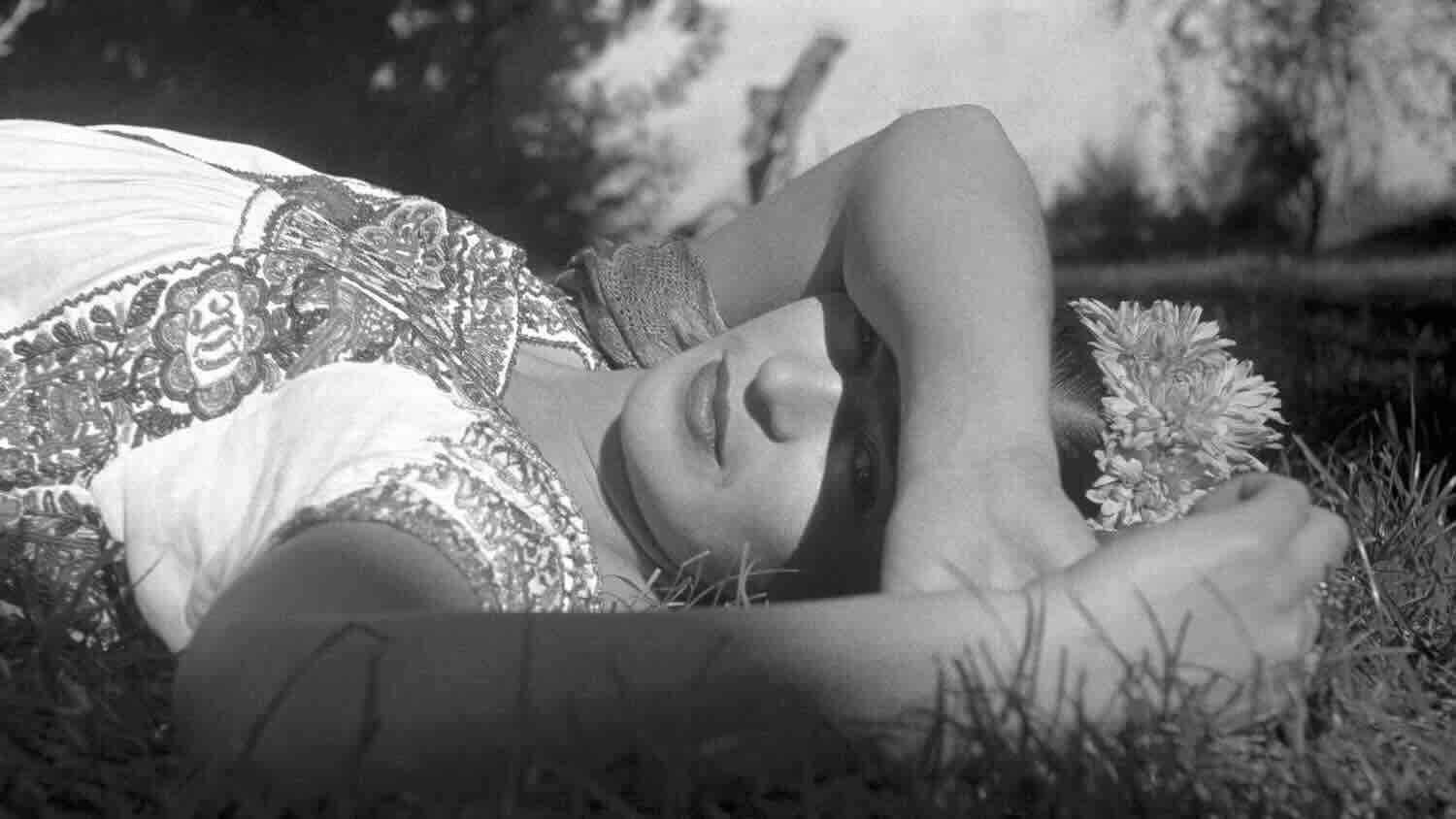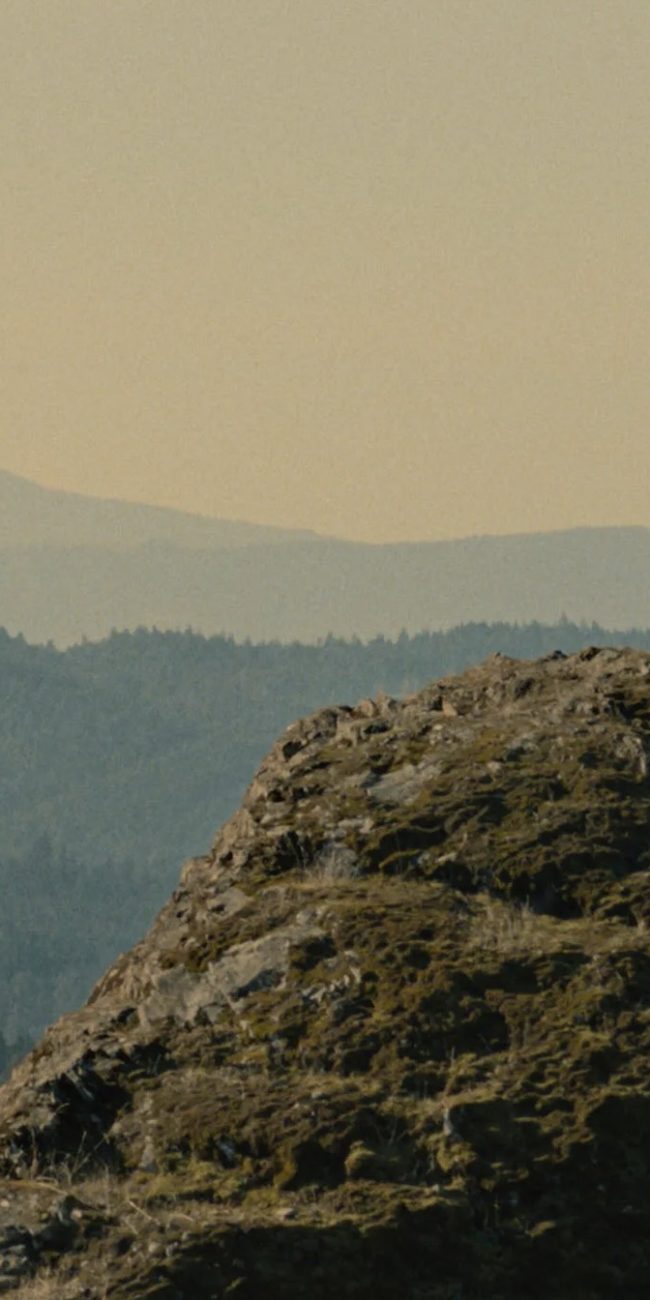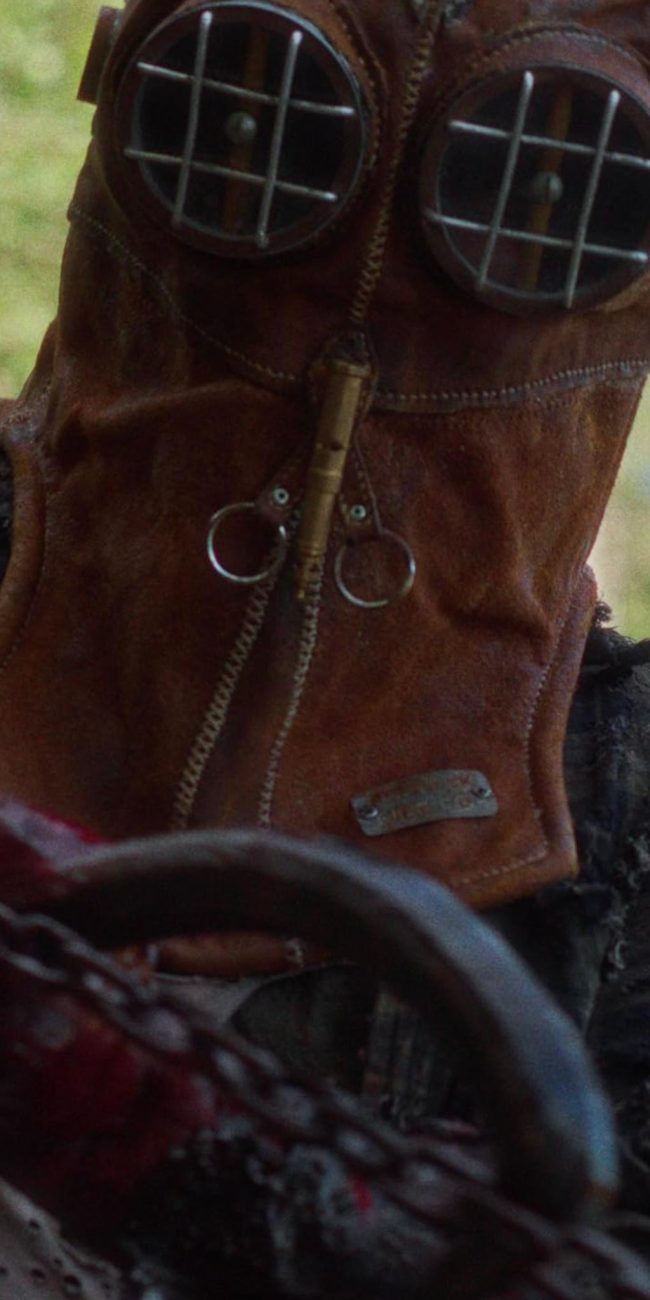
(The 2024 Sundance Film Festival ran January 18-28. Check out Chris Reed’s movie review of Frida. Seen it? Join the conversation with HtN on our Letterboxd Page.)
Mexican painter Frida Kahlo (1907-1954) experienced great physical suffering during her time on Earth, the result of a 1925 accident that severely damaged her spine. Despite this, she lived fully, both through art and sex, the two sometimes indelibly linked. In the documentary Frida, veteran editor Carla Gutiérrez (RBG, Julia) makes her directorial debut with a film that is as energetic and creative as its subject. Stills, archival footage, and animations based on Kahlo’s works combine in a vivid mix, the better to help us appreciate this passionate creator in all her pain and glory.
Born to a religious mother and atheist father, young Frida Kahlo gravitated more towards the latter, who was also a photographer. She loved him dearly and followed him around constantly, though her initial dreams were not to herself become an artist, but rather a doctor. In college, she was drawn to the rebellious young men in her class, dressing like them and joining their subversive group “Los Cachuchas.” Unfortunately, what early plans for the future she had were destroyed when a bus she was on crashed, delivering injuries that would plague her thereafter, the eventual complications from which would also result in her early death.
But did that stop this force of nature? Hardly. Once somewhat recovered, she continued painting, which had previously been a mere hobby. She also joined Mexico’s Communist Party, a decision that would bring her into proximity to the renowned artist Diego Rivera, whom she would then marry. Through numerous affairs, their relationship survived, though when Rivera, years later, seduced her sister, that would prove the end. Until they then remarried.
All the while, even when accompanying Rivera to the United States and back, Kahlo painted. Her works often featured self-portraits, traditional Mexican indigenous garb and back braces adorning her frame. Kahlo’s damaged, but resilient, body was as much her subject as anything else, and she refused, until later circumstances forced otherwise, to live as an invalid. Her lovers were male and female (the former bothered Rivera more, but who was he to act offended?), and included exiled former Soviet leader Leon Trotsky. She was not one to stay in the background. By the late 1930s and beyond, Kahlo’s reputation as an artist worthy of solo exhibitions would, indeed, propel her very much into foreground.
The beauty of this documentary is how much it makes us appreciate Kahlo’s humanity and art. The wealth of archival material, married to the evocative animations, are supplemented by actors reading Kahlo’s—and others’—own words. Without resorting to reenactments, Gutiérrez makes the past feel present, Kahlo imbued with a vibrant magnetism that gives viewers a sense of how she must have been in life. It’s a powerful cinematic tribute to someone who more than deserves it.
– Christopher Llewellyn Reed (@ChrisReedFilm)
2024 Sundance Film Festival; Carla Gutiérrez; Frida











